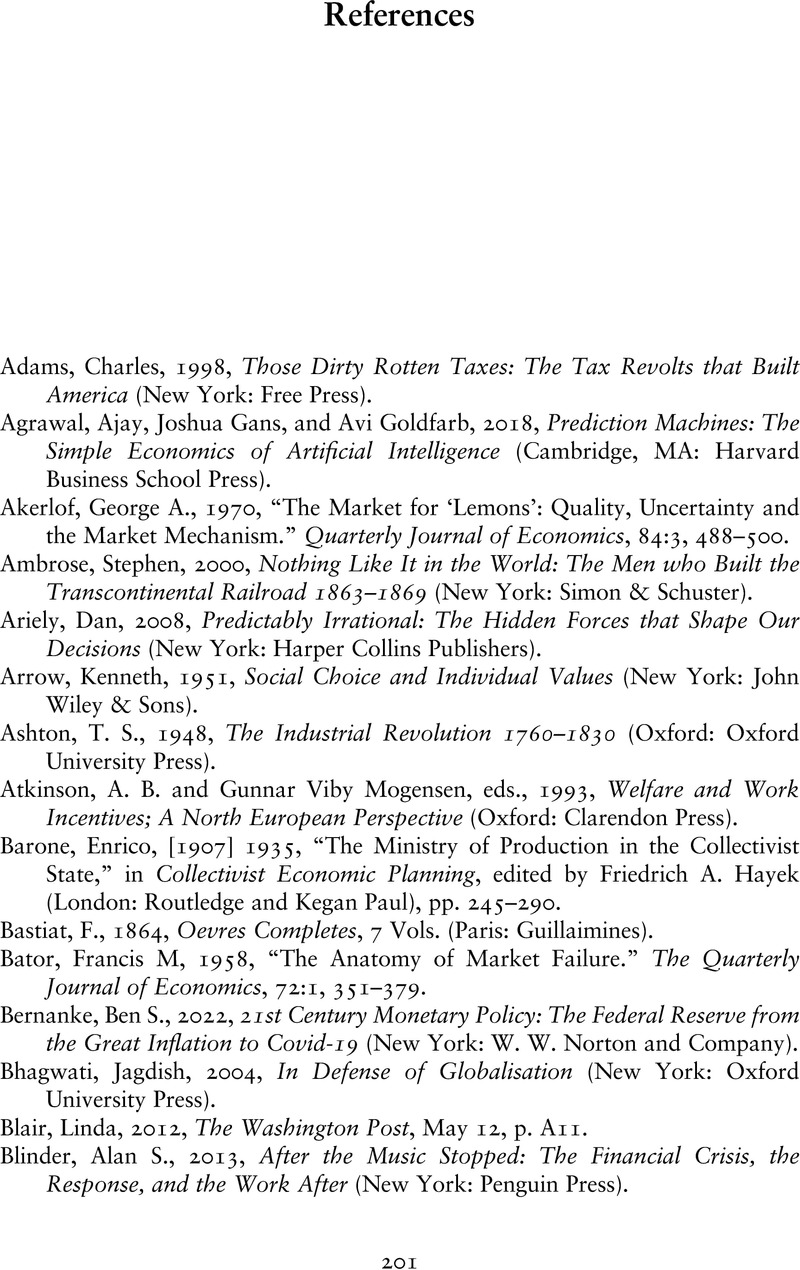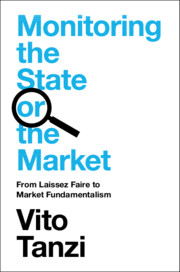References
Published online by Cambridge University Press: 07 December 2023
Summary

- Type
- Chapter
- Information
- Monitoring the State or the MarketFrom Laissez Faire to Market Fundamentalism, pp. 201 - 208Publisher: Cambridge University PressPrint publication year: 2023



